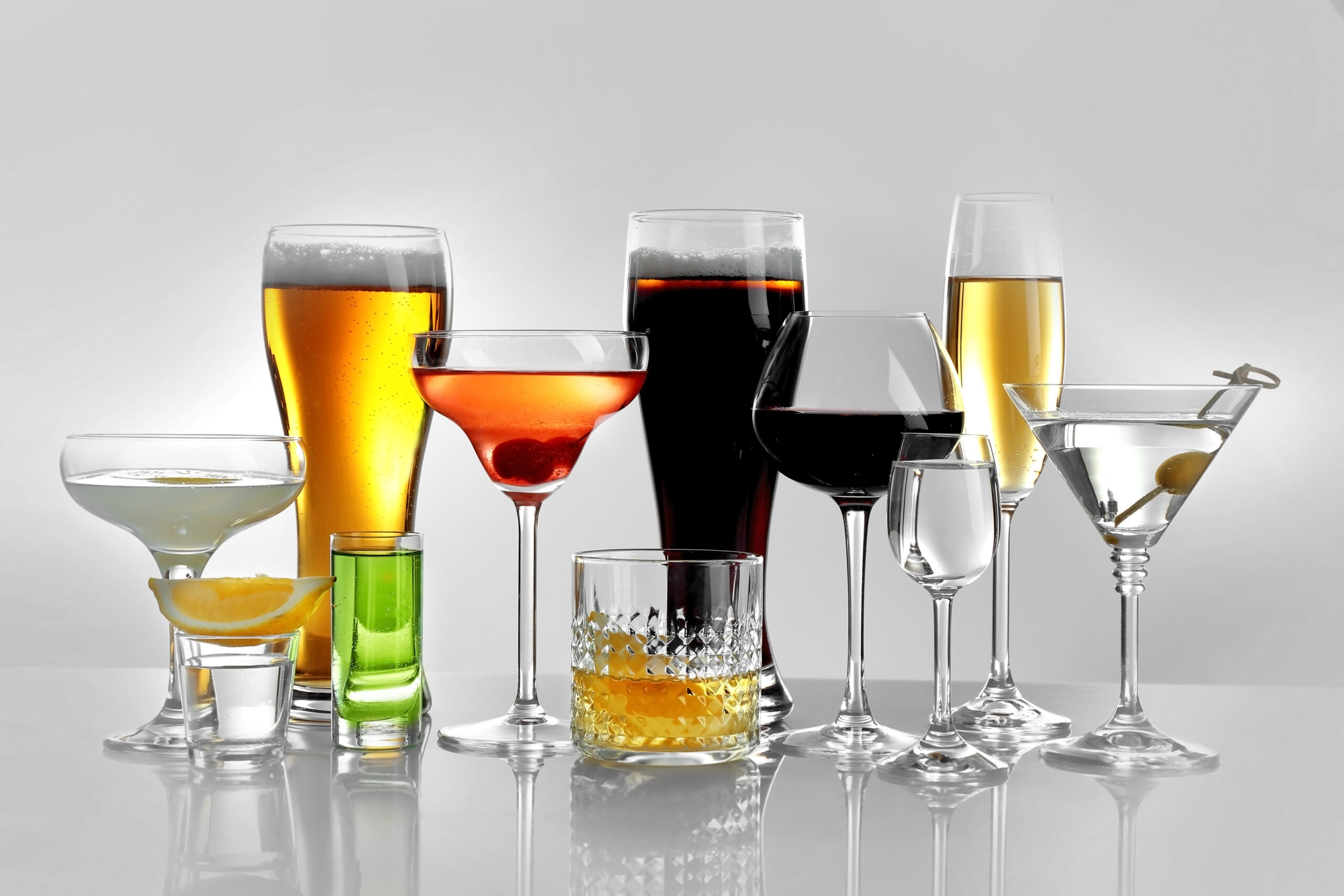
Can what you drink really make you feel different?
When it comes to alcohol, many people believe that the type of alcohol they drink has an effect on how they feel. But do different types of alcohol actually affect your body differently? Or do you just think they do?
The fact is that no matter what type of alcoholic beverage you drink—whether beer, wine, tequila, vodka or whiskey—they all contain the same ingredient that gets you intoxicated. It’s called ethanol, which is a by-product of fermenting natural sugars. Ethanol suppresses the central nervous system, which is why it affects your decision-making skills, slurs your speech and impairs your coordination.
Since all types of alcohol contain the same intoxicating ingredient, it must be something else at play when it comes to how alcohol makes you feel. Here are some of the reasons you may feel differently depending on what you’re drinking:
ABV
Different alcoholic beverages have a different amount of alcohol by volume (ABV). The higher the ABV, the more alcohol content per fluid ounce. For example, the ABV of light beers may be around 3 – 5%, wine around 12 – 15% and whiskey around 40%. So you may be consuming more alcohol when drinking one type of beverage than another, unless you pay careful attention to the serving size.
Serving Size
A standard drink has 14 grams of ethanol in it. Depending on the alcohol’s ABV, the amount you can drink to meet this amount varies widely. For example, 14 grams of ethanol equals:
-
-
- 12 fluid ounces of beer with a 5% ABV
- 5 fluid ounces of wine with a 12% ABV
- 1.5 fluid ounces of spirits (vodka, run, gin, tequila or whiskey) with a 40% ABV
-
Many packaged drinks (in cans and bottles), as well as poured drinks in restaurants and bars, contain more than what is considered to be a standard drink.
Drinking Behaviors
-
-
- Atmosphere – Where you’re drinking (and who you’re drinking with) plays a part in how alcohol makes you feel. Are you sipping wine slowly while relaxing alone on the couch? Drinking shots of tequila in a rowdy bar with friends? Downing a few beers while engrossed in an exciting football game?
- Time – How quickly you consume alcohol changes how it affects you. You’ll feel differently if you consume the same amount of alcohol over a short period of time than if it’s spaced out.
- Other consumption – What else you’re consuming also influences how alcohol affects you. Are you eating food alongside your drinks? Mixing alcohol with energy drinks or caffeine? Does your drink contain a lot of sugar? Are you also taking prescription or illicit drugs, such as depressants, stimulants or opioids?
-
Other Factors
-
-
- Intolerances – You may have an allergy or intolerance to ingredients used to make certain types of alcohol.
- Age – Your metabolism slows as you age, which may cause alcohol to have a greater effect on you.
- Medical conditions – Your overall health and the medications you take can affect how your body reacts to alcohol.
-
Copyright 2023 © Baldwin Publishing, Inc.
Health eCooks™ is a designated trademark of Baldwin Publishing, Inc.
Cook eKitchen™ is a designated trademark of Baldwin Publishing, Inc. Any duplication or distribution of the information contained herein without the express approval of Baldwin Publishing, Inc. is strictly prohibited.
Date Last Reviewed: January 18, 2023
Editorial Review: Andrea Cohen, Editorial Director, Baldwin Publishing, Inc. Contact Editor
Medical Review: Jane Schwartz, RDN, CLT
Learn more about Baldwin Publishing Inc. editorial policy, privacy policy, ADA compliance and sponsorship policy.
No information provided by Baldwin Publishing, Inc. in any article is a substitute for medical advice or treatment for any medical condition. Baldwin Publishing, Inc. strongly suggests that you use this information in consultation with your doctor or other health professional. Use or viewing of any Baldwin Publishing, Inc. article signifies your understanding and agreement to the disclaimer and acceptance of these terms of use.